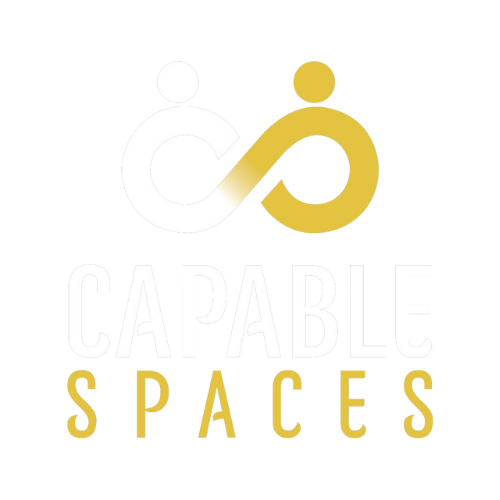The holiday season is a wonderful time to spend with family and friends. But if someone you love has dementia, the celebrations might feel a little harder.
Cognitive and behavioural changes are frequently experienced by people with dementia. This can affect a person’s memory and how they understand the world around them, which can make the holidays confusing or stressful.
In this blog, we’ll talk about 6 common dementia symptoms and simple ways to help your loved one feel happy and comfortable during the festive season.
The holidays bring lots of changes, like decorations, visitors, and different routines. This can make someone with dementia feel lost or confused.
How You Can Help:
- Keep Things Simple: Don’t overdo the decorations. Use soft lights and familiar things that won’t be too distracting.
- Stick to Routines: Try to keep their day as normal as possible, like eating and sleeping at the same times.
- Use Signs or Pictures: Label rooms or put up family photos to help them feel more comfortable.
People with dementia might struggle to remember names, faces, or past holidays. This can make them feel frustrated.
How You Can Help:
Show Them Pictures: Use a board or album with family photos and names to remind them who everyone is.
Be Patient: Gently remind them who someone is, and don’t say things like, “Don’t you remember?”
Enjoy the Moment: Focus on fun activities that don’t need memory, like singing carols or decorating cookies.
Big crowds, loud noises, or busy places can make someone with dementia feel anxious or upset.
How You Can Help:
Create a Quiet Spot: Have a calm, quiet space they can go to if they need a break.
Keep It Small: If big parties are too much, plan smaller gatherings with fewer people.
Do Relaxing Things Together: Listen to calming music or look through old photos to help them feel at ease.
Dementia can sometimes cause mood swings, like getting angry or upset suddenly. Holiday stress might make this worse.
How You Can Help:
Watch for Triggers: Notice if certain noises, lights, or foods bother them and try to avoid those things.
Talk Calmly: Speak in a gentle and soothing voice to help them feel better.
Include Them: Ask them to help with small, easy tasks like folding napkins or hanging decorations.
Some people with dementia feel more confused or upset later in the day. This is called “sundowning.”
How You Can Help:
Plan Earlier Events: Have family meals or activities in the morning or early afternoon.
Relax Before Bed: Keep evenings calm by dimming the lights and playing soft music.
Help Them Rest: Make sure they get enough sleep and avoid late-night excitement.
The holidays can make someone with dementia feel left out if they can’t join in like they used to.
How You Can Help:
Do Things Together: Pick simple activities they can enjoy, like decorating a tree or singing holiday songs.
Spend Time With Them: Talk to them one-on-one and make them feel special.
Involve Them: Even if their answers don’t make sense, include them in conversations and make them feel valued.
Caring for a loved one with dementia during the holidays can be physically and emotionally demanding. Here are some additional tips to support caregivers:
Set Realistic Expectations: Acknowledge that the holidays may look different this year, and that’s okay.
Ask for Help: Don’t hesitate to enlist the support of family or friends for tasks like cooking, decorating, or providing respite care.
Prioritize Self-Care: Take time to rest, eat well, and recharge so you can continue providing the best care possible.
With a little planning and kindness, the holidays can be a happy time for everyone, including someone with dementia and their caregivers.
Focus on what matters most—spending time together, creating special moments, recording memories, and showing love.
Whether it’s a warm smile, a gentle hug, or a shared laugh, these are the memories that make the season bright.
Wishing you a peaceful and joyful holiday season!


